- Home
- H. Beam Piper
Graveyard of Dreams
Graveyard of Dreams Read online
Produced by Greg Weeks, Tom Owens, and the OnlineDistributed Proofreading Team at https://www.pgdp.net
Transcriber's note: This etext was produced from Galaxy Magazine February 1958. Extensive research did not uncover any evidence that the copyright on this publication was renewed.
Graveyard of Dreams
By H. Beam Piper
_Despite Mr. Shakespeare, wealth and name are both dross compared with the theft of hope-- and Maxwell had to rob a whole planet of it!_
Standing at the armor-glass front of the observation deck and watchingthe mountains rise and grow on the horizon, Conn Maxwell gripped themetal hand-rail with painful intensity, as though trying to hold backthe airship by force. Thirty minutes--twenty-six and a fraction of theTerran minutes he had become accustomed to--until he'd have to face it.
Then, realizing that he never, in his own thoughts, addressed himself as"sir," he turned.
"I beg your pardon?"
It was the first officer, wearing a Terran Federation Space Navy uniformof forty years, or about ten regulation-changes, ago. That was the sortof thing he had taken for granted before he had gone away. Now he wasnoticing it everywhere.
"Thirty minutes out of Litchfield, sir," the ship's officer repeated."You'll go off by the midship gangway on the starboard side."
"Yes, I know. Thank you."
The first mate held out the clipboard he was carrying. "Would you mindchecking over this, Mr. Maxwell? Your baggage list."
"Certainly." He glanced at the slip of paper. Valises, eighteen andtwenty-five kilos, two; trunks, seventy-five and seventy kilos, two;microbook case, one-fifty kilos, one. The last item fanned up a littleflicker of anger in him, not at any person, even himself, but at thesituation in which he found himself and the futility of the whole thing.
"Yes, that's everything. I have no hand-luggage, just this stuff."
He noticed that this was the only baggage list under the clip; the otherpapers were all freight and express manifests. "Not many passengers leftaboard, are there?"
"You're the only one in first-class, sir," the mate replied. "Aboutforty farm-laborers on the lower deck. Everybody else got off at theother stops. Litchfield's the end of the run. You know anything aboutthe place?"
"I was born there. I've been away at school for the last five years."
"On Baldur?"
"Terra. University of Montevideo." Once Conn would have said it almostboastfully.
The mate gave him a quick look of surprised respect, then grinned andnodded. "Of course; I should have known. You're Rodney Maxwell's son,aren't you? Your father's one of our regular freight shippers. Beensending out a lot of stuff lately." He looked as though he would haveliked to continue the conversation, but said: "Sorry, I've got to go.Lot of things to attend to before landing." He touched the visor of hiscap and turned away.
The mountains were closer when Conn looked forward again, and he glanceddown. Five years and two space voyages ago, seen from the afterdeck ofthis ship or one of her sisters, the woods had been green with newfoliage, and the wine-melon fields had been in pink blossom. He tried topicture the scene sliding away below instead of drawing in toward him,as though to force himself back to a moment of the irretrievable past.
But the moment was gone, and with it the eager excitement and thehalf-formed anticipations of the things he would learn and accomplish onTerra. The things he would learn--microbook case, one-fifty kilos, one.One of the steel trunks was full of things he had learned andaccomplished, too. Maybe they, at least, had some value....
The woods were autumn-tinted now and the fields were bare and brown.
They had gotten the crop in early this year, for the fields had all beenharvested. Those workers below must be going out for the wine-pressing.That extra hands were needed for that meant a big crop, and yet itseemed that less land was under cultivation than when he had gone away.He could see squares of low brush among the new forests that had grownup in the last forty years, and the few stands of original timber lookedlike hills above the second growth. Those trees had been standing whenthe planet had been colonized.
That had been two hundred years ago, at the middle of the SeventhCentury, Atomic Era. The name of the planet--Poictesme--told that: theSurromanticist Movement, when the critics and professors wererediscovering James Branch Cabell.
* * * * *
Funny how much was coming back to him now--things he had picked up fromthe minimal liberal-arts and general-humanities courses he had taken andthen forgotten in his absorption with the science and tech studies.
The first extrasolar planets, as they had been discovered, had beennamed from Norse mythology--Odin and Baldur and Thor, Uller and Freya,Bifrost and Asgard and Niflheim. When the Norse names ran out, thediscoverers had turned to other mythologies, Celtic and Egyptian andHindu and Assyrian, and by the middle of the Seventh Century they werenaming planets for almost anything.
Anything, that is, but actual persons; their names were reserved forstars. Like Alpha Gartner, the sun of Poictesme, and Beta Gartner, abuckshot-sized pink glow in the southeast, and Gamma Gartner, out ofsight on the other side of the world, all named for old Genji Gartner,the scholarly and half-piratical adventurer whose ship had been thefirst to approach the three stars and discover that each of them hadplanets.
Forty-two planets in all, from a couple of methane-giants on Gamma toairless little things with one-sixth Terran gravity. Alpha II had beenthe only one in the Trisystem with an oxygen atmosphere and life. SoGartner had landed on it, and named it Poictesme, and the settlementthat had grown up around the first landing site had been calledStorisende. Thirty years later, Genji Gartner died there, after seeingthe camp grow to a metropolis, and was buried under a massive monument.
Some of the other planets had been rich in metals, and mines had beenopened, and atmosphere-domed factories and processing plants built. Noneof them could produce anything but hydroponic and tissue-culturefoodstuffs, and natural foods from Poictesme had been less expensive,even on the planets of Gamma and Beta. So Poictesme had concentrated onagriculture and grown wealthy at it.
Then, within fifty years of Genji Gartner's death, the economics ofinterstellar trade overtook the Trisystem and the mines and factoriesclosed down. It was no longer possible to ship the output to aprofitable market, in the face of the growing self-sufficiency of thecolonial planets and the irreducibly high cost of space-freighting.
Below, the brown fields and the red and yellow woods were merging into aten-mile-square desert of crumbling concrete--empty and roofless shedsand warehouses and barracks, brush-choked parade grounds and landingfields, airship docks, and even a spaceport. They were more recent,dating from Poictesme's second brief and hectic prosperity, when theTerran Federation's Third Fleet-Army Force had occupied the GartnerTrisystem during the System States War.
* * * * *
Millions of troops had been stationed on or routed through Poictesme;tens of thousands of spacecraft had been based on the Trisystem; themines and factories had reopened for war production. The Federation hadspent trillions of sols on Poictesme, piled up mountains of stores andarms and equipment, left the face of the planet cluttered withinstallations.
Then, ten years before anybody had expected it, the rebellious SystemStates Alliance had collapsed and the war had ended. The Federationarmies had gone home, taking with them the clothes they stood in, theirpersonal weapons and a few souvenirs. Everything else had been leftbehind; even the most expensive equipment was worth less than the costof r
emoval.
Ever since, Poictesme had been living on salvage. The uniform the firstofficer was wearing was forty years old--and it was barely a month outof the original packing. On Terra, Conn had told his friends that hisfather was a prospector and let them interpret that as meaning anexplorer for, say, uranium deposits. Rodney Maxwell found plenty ofuranium, but he got it by taking apart the warheads of missiles.
The old replacement depot or classification center or training area orwhatever it had been had vanished under the ship now and it was allforest back to the mountains, with an occasional cluster of desertedbuildings. From one or two, threads of blue smoke rose--bands of farmtramps, camping on their way from harvest to wine-pressing. Then theeastern foothills were out of sight and he was looking down on thegranite spines of the Calder Range; the valley beyond was sloping awayand widening out in the distance, and it was time he began thinking ofwhat

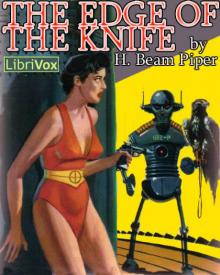 The Edge of the Knife
The Edge of the Knife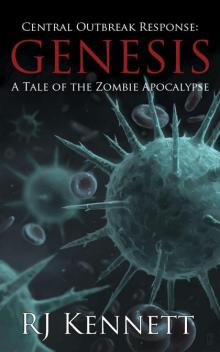 Genesis
Genesis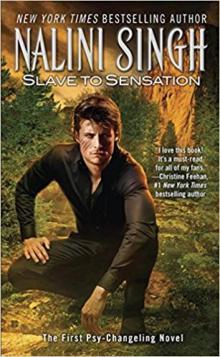 A Slave is a Slave
A Slave is a Slave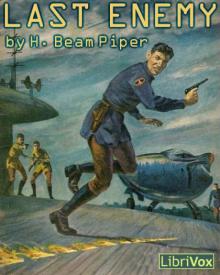 Last Enemy
Last Enemy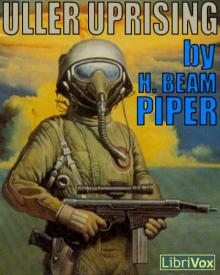 Uller Uprising
Uller Uprising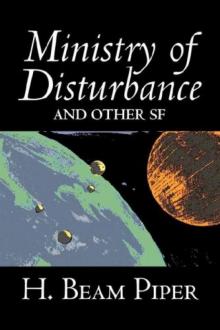 Ministry of Disturbance
Ministry of Disturbance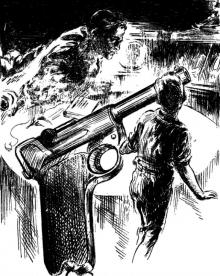 Time and Time Again
Time and Time Again The Mercenaries
The Mercenaries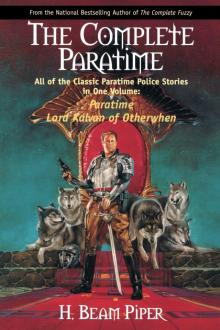 Police Operation
Police Operation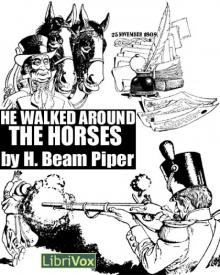 He Walked Around the Horses
He Walked Around the Horses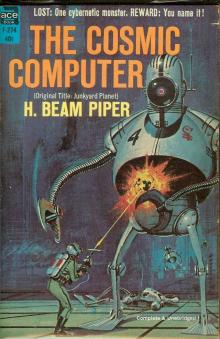 Time Crime
Time Crime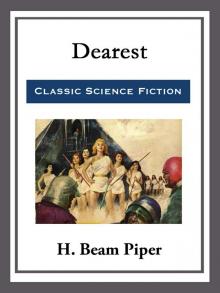 Dearest
Dearest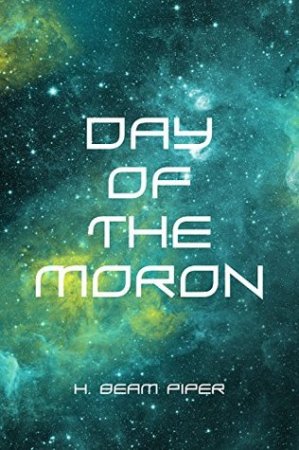 Day of the Moron
Day of the Moron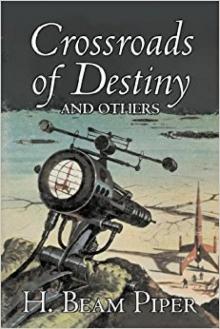 Crossroads of Destiny
Crossroads of Destiny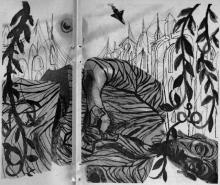 Graveyard of Dreams
Graveyard of Dreams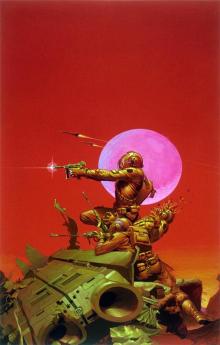 The Cosmic Computer
The Cosmic Computer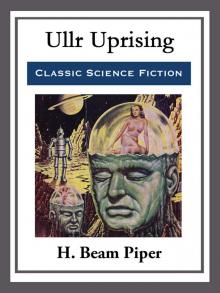 Ullr Uprising
Ullr Uprising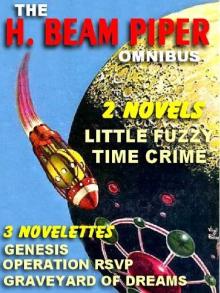 Operation R.S.V.P.
Operation R.S.V.P.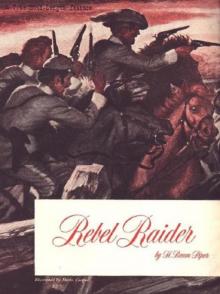 Rebel Raider
Rebel Raider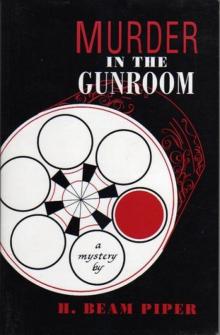 Murder in the Gunroom
Murder in the Gunroom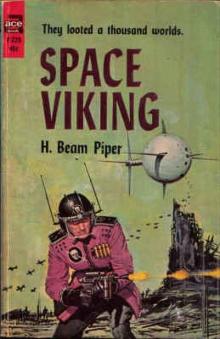 Space Viking
Space Viking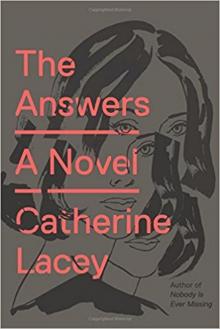 The Answer
The Answer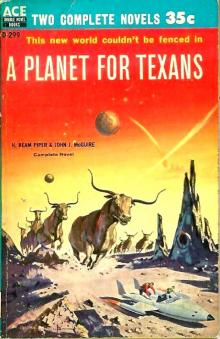 A Planet for Texans (aka Lone Star Planet)
A Planet for Texans (aka Lone Star Planet)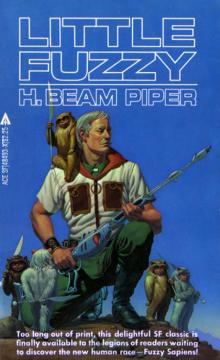 Little Fuzzy
Little Fuzzy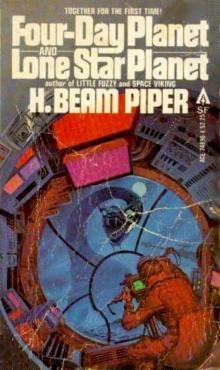 Four-Day Planet
Four-Day Planet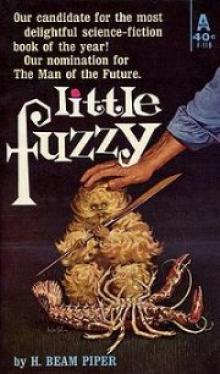 Little Fuzzy f-1
Little Fuzzy f-1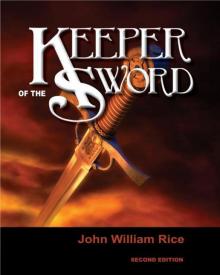 Keeper
Keeper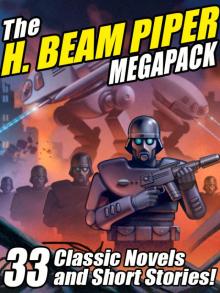 The H. Beam Piper Megapack
The H. Beam Piper Megapack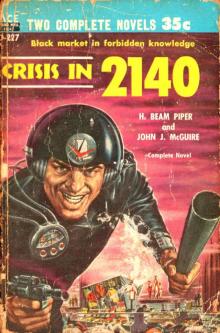 H. Beam Piper
H. Beam Piper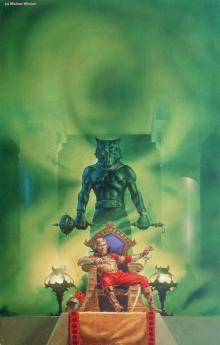 Lord Kalvan of Otherwhen
Lord Kalvan of Otherwhen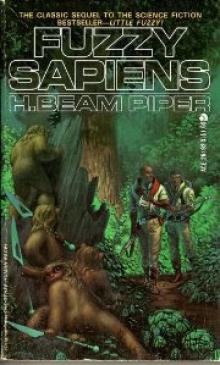 Fuzzy Sapiens f-2
Fuzzy Sapiens f-2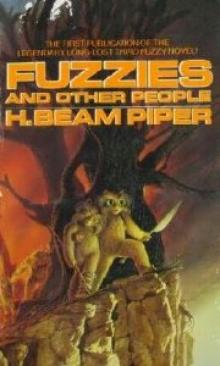 Fuzzies and Other People f-3
Fuzzies and Other People f-3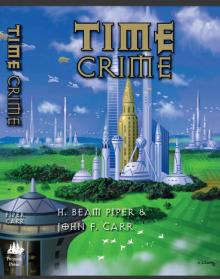 TIME PRIME
TIME PRIME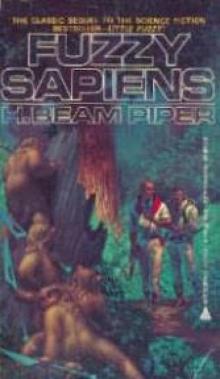 Fuzzy Sapiens
Fuzzy Sapiens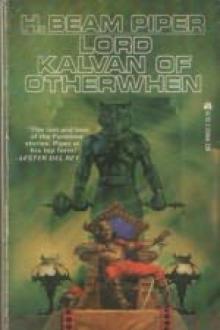 Lord Kalvan of Otherwhen k-1
Lord Kalvan of Otherwhen k-1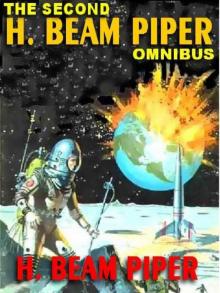 The Second H. Beam Piper Omnibus
The Second H. Beam Piper Omnibus